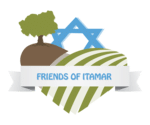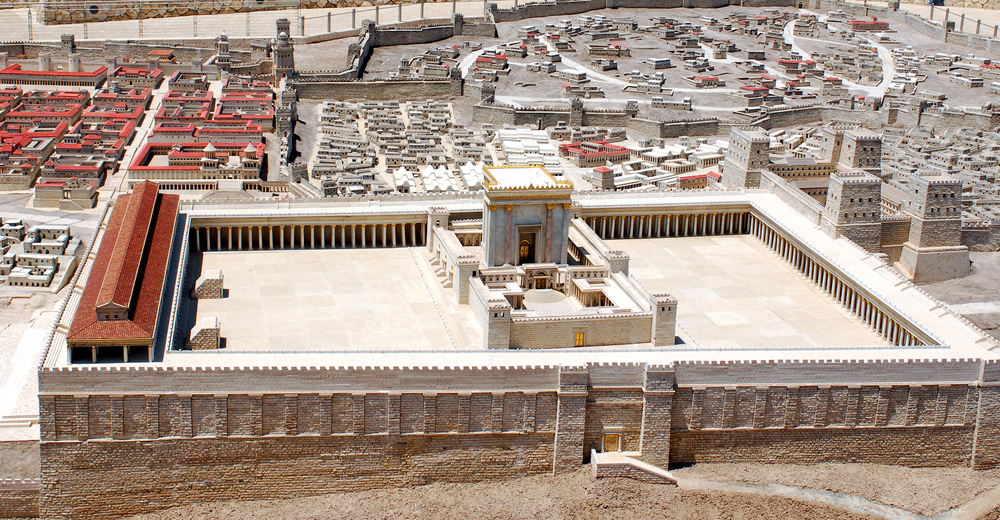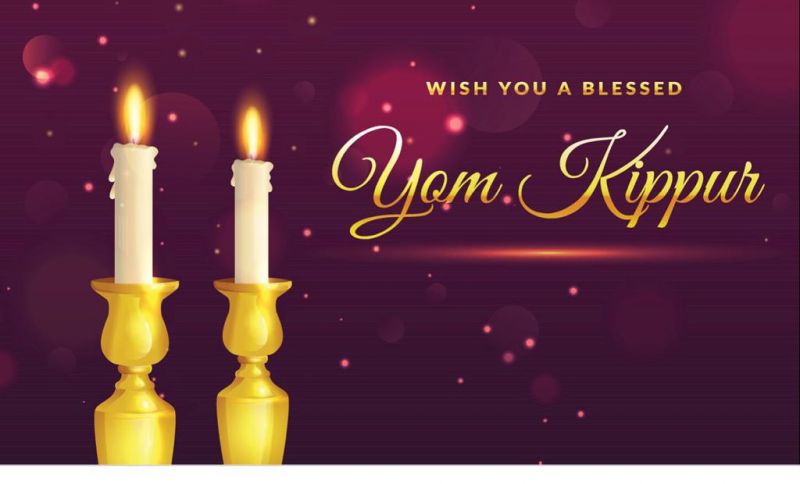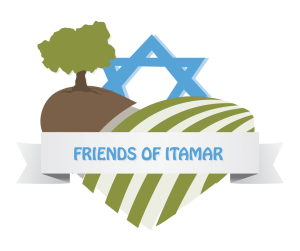How should a non-Jew relate to Yom Kippur
This week I was asked by one of my students the following question: Should a non-Jew that has taken upon himself the laws of Noah fast on Yom Kippur? Fasting and observing the Day
Yom Kippur – 5772 – 2011
Yom Kippur – 5772 October 7, 2011 Leah Goldsmith There is a concept in Judaism that one can obliterate harsh judgment (Din), in the lower world (this world) through rectifying th




